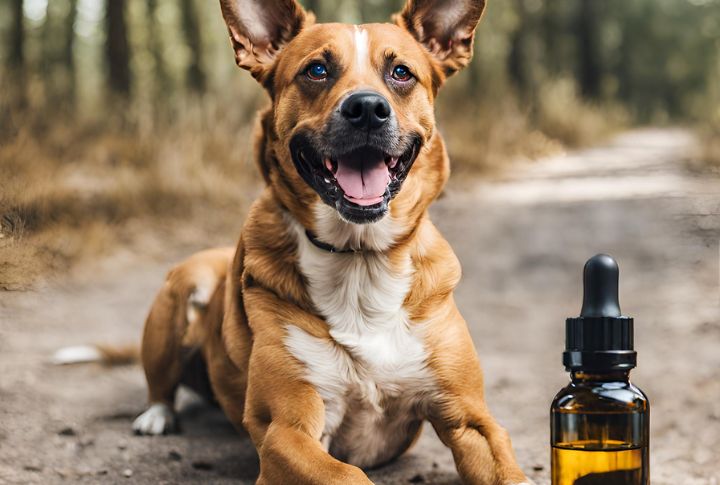10 Ways Aromatherapy Can Improve Your Dog’s Life

Dogs rely on their sense of smell more than others, but certain scents can do more than capture attention. Although aromatherapy can benefit dogs, it must be used safely. With proper guidance from the veterinarian, the right scents may enhance your pup’s daily life in surprising ways.
Reducing Anxiety And Stress

Loud noises or unfamiliar environments can easily trigger anxiety in dogs. However, lavender, chamomile, and vetiver essential oils have powerful calming properties that regulate cortisol levels, ultimately reducing stress responses. Studies done by the National Institute of Health (NIH) also indicate that diffusing lavender can significantly lower heart rates in nervous dogs.
Easing Pain And Inflammation

Frankincense essential oils contain anti-inflammatory compounds that help improve circulation and reduce stiffness in dogs suffering from chronic pain and inflammation. As aging and injured dogs experience reduced mobility, these oils may ease discomfort when adequately diluted and massaged onto sore joints.
Repelling Pests Naturally

Fleas and ticks thrive in warm fur, and dogs are an easy target. However, certain essential oils can make your pet a less inviting host. Cedarwood and citronella emit scents that naturally repel pests without exposing them to harsh chemicals. When a few drops are mixed into a natural spray, they create a protective barrier.
Enhancing Sleep Quality

Restless nights can take a toll on both dogs and their owners. The NIH confirms that sandalwood and valerian root exposure promotes deeper, undisturbed sleep. These oils trigger relaxation through the olfactory system, signaling the brain to wind down. A well-rested dog wakes up energized and ready to embrace the day’s adventures.
Aiding Digestive Health

Peppermint and fennel essential oils can relieve unnecessary discomfort and digestive distress when properly diluted and applied topically. Nausea and indigestion affect many dogs, especially after dietary changes. However, they may not be safe for all dogs, so consult a veterinarian to ensure they are suitable for your dog.
Supporting Immune System Function

Eucalyptus and thyme oils contain powerful antimicrobial properties that help strengthen a dog’s immune defenses. Since bacterial and viral infections pose ongoing threats to canine health, diffusing these oils in moderation may help purify the air and reduce exposure to airborne pathogens. A stronger immune system means fewer vet visits.
Boosting Mood And Energy Levels

Citrus-based oils like sweet orange and bergamot stimulate serotonin production, naturally lifting a dog’s spirits and promoting mental alertness. Since lethargy and sadness can affect dogs, these invigorating scents help boost energy during training sessions and encourage engagement in playtime.
Assisting In Training And Behavior Modification

Scent association enhances learning and makes training more effective and enjoyable. Essential oils like rosemary and clary sage help sharpen focus and allow dogs to absorb commands more efficiently. These scents create positive reinforcement triggers that strengthen desired behaviors.
Providing Respiratory Support

Seasonal allergies can lead to congestion and breathing difficulties in dogs. While essential oils like myrrh and tea tree oil may help, always consult a veterinarian before use, as tea tree oil can be harmful. If the issue is skin-related, essential oils are not recommended. Prompt veterinary evaluation is necessary for determining the best treatment.
Improving Skin And Coat Health

A healthy coat reflects your dog’s internal wellness; coconut-infused essential oils like neem and lavender can help maintain it. These oils soothe irritation and relieve itching from dry skin and allergies. When used safely with proper dilution, they can also prevent bacterial infections and enhance coat shine. Ultimately, consult a veterinarian before use to ensure safe application.





